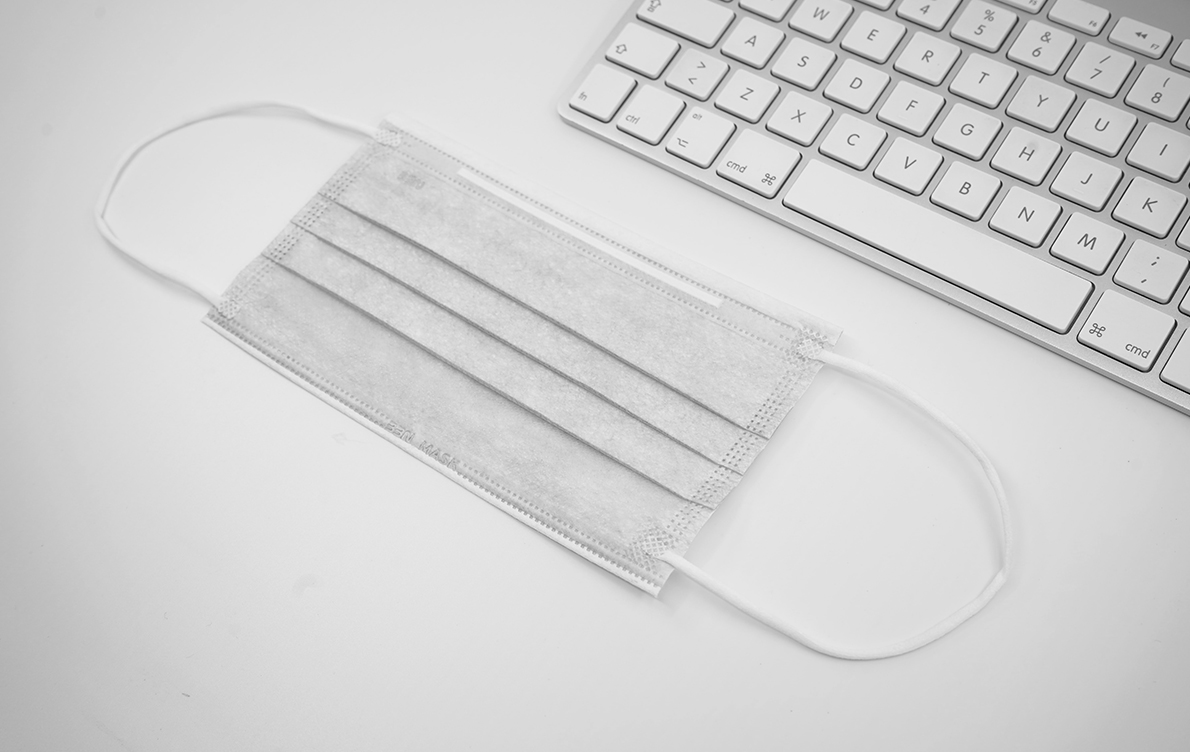Claims Under The New Jersey Products Liability Act Not Permitted In Two Recent Appellate Division Cases Involving Purely Economic Losses In Connection With The Purchase Of Homes
In two recent decisions, the New Jersey Appellate Division made clear that purchasers of homes from the original owners cannot sue the manufacturer of an exterior siding product for the home under the New Jersey Products Liability Act, N.J.S.A. 2A:58C-1 to -11 (“NJPLA”) if they suffer only economic losses. In addition, the purchasers also cannot assert a claim under the New Jersey Consumer Fraud Act, N.J.S.A. 56:8-1 to -184 without some evidence of representations or concealments from the manufacturer made to them regarding the product. These two decisions should cause home buyers to be especially diligent when reviewing their home inspection reports, as they now may be precluded from asserting tort claims against the manufacturer of faulty or defective products or systems, and will have to rely primarily on contract claims against sellers for relief.
In Marrone v. Greer & Polman Construction, Inc., 405 N.J. Super. 288 (App. Div. 2009) and Dean v. Barrett Homes, Inc., 406 N.J. Super. 453 (App. Div. 2009), the Appellate Division addressed similar claims by homeowners regarding the Exterior Insulation Finish System, or EIFS, siding that was applied to each of their houses. EIFS is a system that incorporates foam insulation panels, reinforced mesh and a textured finished coating to the siding of the house. The finished product resembles a stucco finish. In both cases, the Marrones and the Deans purchased their homes from the original homeowner.
Both houses were built in 1995. The Marrones purchased their home in 2003 and the Deans purchased their home in 2002. Each homeowner later developed problems with the EIFS siding. Each party then sued, among others, the EIFS manufacturer, the subcontractor who applied the EIFS, and the general contractor who built the house. Neither the Marrones nor the Deans sued either of the sellers of the homes. The buyers each settled with the general contractor and subcontractor, leaving only the tort claims against the manufacturer of the EIFS product for disposition by the Court.
The Marrones and Deans each ultimately discovered that the EIFS siding on their homes was defective and had caused damage to the EIFS itself, as well as damage to the roof, soffits, sheathing, framing, substrate of the house, windows and doors. Although it is not stated how much the Marrones spent to repair the EIFS on their home, the Deans spent approximately $150,000 replacing the siding and other work to the exterior and interior of the house. Neither the Marrones nor the Deans alleged that the EIFS caused any personal injury or damage to anything other than their homes.
The Appellate Division affirmed the granting of summary judgment on each of the NJPLA claims based on the ‘economic loss’ doctrine. The Court in Marrone defined economic loss as “the diminution in value of the product because it is inferior in quality and does not work for the general purpose for which it was manufactured and sold.” The Appellate Division concluded that actions where a purchaser is claiming damage to the product itself, rather than any personal injury or damage to other property, are better suited for contract claims, rather than tort claims, such as a claim under the NJPLA.
The Appellate Division emphasized the policy decisions underlying tort and contract principles and concluded that “the policy behind contract law ‘operated on the premise that the contracting parties, in the course of bargaining of the terms of the sale, are able to allocate risks and costs of the potential nonperformance.’” The Appellate Division determined that rather than pursue the tort claim under the NJPLA, the Marrones and the Deans had the opportunity to negotiate with each of the sellers over the EIFS siding, by either walking away from the deal or insisting that the sellers remediate the EIFS defect. Each of the sellers did not take that action and they were not then permitted to pursue a claim against the manufacturer in tort.
Each of the Marrones and the Deans argued that the EIFS siding did cause damage to “other property” far beyond just the EIFS itself. They each claimed damage to other parts of their houses, including the roof and soffits, windows, doors, sheathing and wood framing. The Appellate Division in both Marrone and Dean found that these other parts of the house were all component parts of the house and not separate from the EIFS. The Appellate Division concluded that the buyers purchased a house, not the components parts separately, and any damage to the other component parts of the house were still damage to the “product” itself. As a result, those claims did not take the cases outside of the economic loss doctrine and summary judgment was still appropriate.
A consequence of these two decisions is that it is incumbent upon buyers to negotiate with sellers over problems that may arise from EIFS, or any other potential system or product of a house, at the time of the sale, rather than waiting and asserting a tort claim if something later goes wrong.
No aspect of this advertisement has been approved by the highest court in any state.
Results may vary depending on your particular facts and legal circumstances.
As the law continues to evolve on these matters, please note that this article is current as of date and time of publication and may not reflect subsequent developments. The content and interpretation of the issues addressed herein is subject to change. Cole Schotz P.C. disclaims any and all liability with respect to actions taken or not taken based on any or all of the contents of this publication to the fullest extent permitted by law. This is for general informational purposes and does not constitute legal advice or create an attorney-client relationship. Do not act or refrain from acting upon the information contained in this publication without obtaining legal, financial and tax advice. For further information, please do not hesitate to reach out to your firm contact or to any of the attorneys listed in this publication.
Join Our Mailing List
Stay up to date with the latest insights, events, and more





